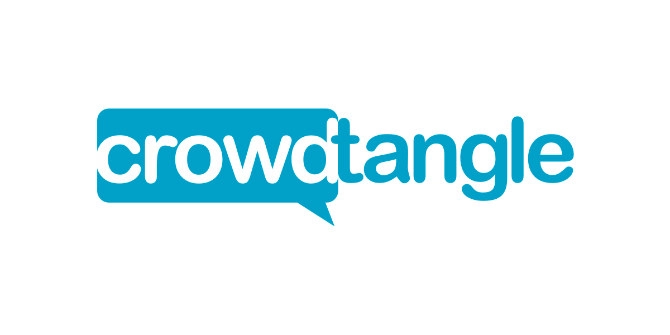One technology owned by Meta called CrowdTangle has been used by academics to monitor the dissemination of viral stories on Facebook, particularly those that transmit false information. According to unidentified sources, Bloomberg confirms what many people already knew: Facebook has mostly stopped providing development support for CrowdTangle and is preparing to shut down the programme. CrowdTangle’s removal would cut off access that users like Kevin Roose have used to expose data indicating high interaction with right-wing news sources on Facebook, displaying outcomes that occasionally seem to be at conflict with Facebook’s official statistics that are carefully filtered. Roose highlighted internal “data fights” about how much information the business should divulge in a piece he wrote for The New York Times in July of last year. CrowdTangle founder and CEO Brandon Silverman argued for the firm to divulge more information. In October 2021, Silverman quit the organisation.
Publishers, journalists, academics, fact-checkers, and others may track, examine, and report on what is occurring across social media with the use of CrowdTangle, a public insights tool from Facebook. We achieve this by making public material from Pages, Groups, Instagram profiles, and well-known subreddits easier to find and by streamlining the process of analysing engagement metrics (such as shares, views, comments, and reactions) on that content. Regular Facebook profiles’ content is not tracked by CrowdTangle. John Hegeman, head of the News Feed at Facebook, contended in a Twitter conversation that while Roose’s daily Top 10 lists (created using CrowdTangle data) reflect correct interaction metrics, they “don’t represent what most people view on FB.” He argues that statistics on the most popular postings would be a better method to substantiate this claim, but the firm seldom makes this information publicly available.

CrowdTangle was purchased by Facebook in 2016 with the promise of aiding publishers in “surfacing stories that matter, measuring their social success, and identifying influencers.” It monitors how well stories are doing on other social media platforms like Instagram and Twitter. According to the Bloomberg story, Common Cause, a nonprofit that advocates for voters, has used it to track down false information that has been reported in real time.
For more such updates on latest news, keep reading on techinnews.com



